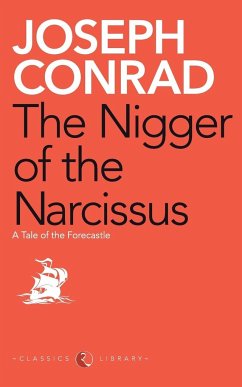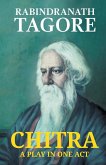The Nigger of the Narcissus is a tale of a ship braving high seas and squalls to reach her destination, and of the men, lashed by emotion and conscience, desperately trying to cope with an uncertain fate. Melancholic in mood, contradictory in imagery, The Nigger of the Narcissus is more than just a seafaring tale, it shows that the storm within can be more tumultuous than the tempests at sea.
Hinweis: Dieser Artikel kann nur an eine deutsche Lieferadresse ausgeliefert werden.
Hinweis: Dieser Artikel kann nur an eine deutsche Lieferadresse ausgeliefert werden.









